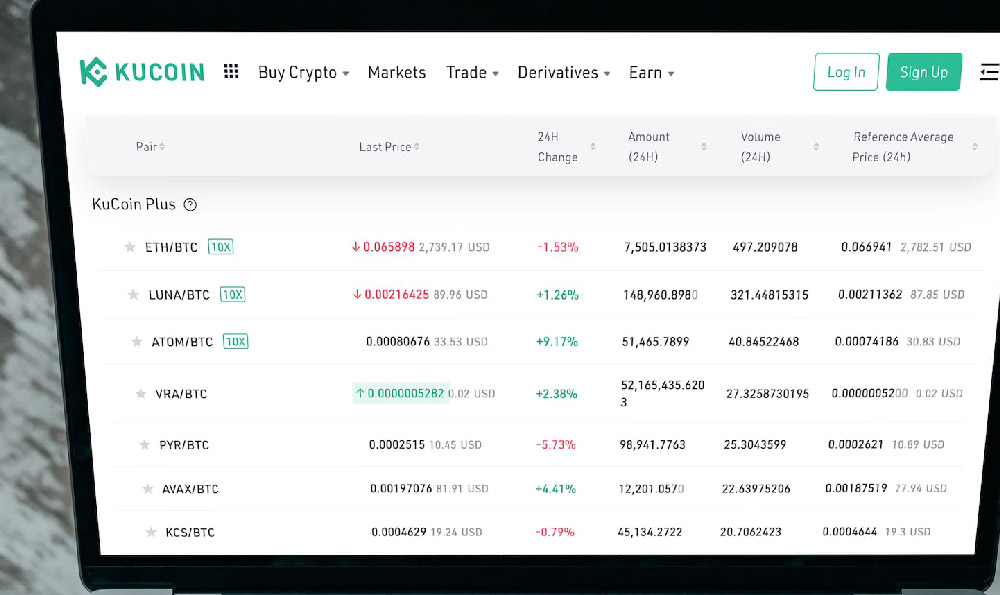Underwater Welder Salary: Average Earnings and Job Market Insights

Underwater welding remains a specialized and highly sought-after profession, with professionals commanding competitive salaries across various regions and industries. As global demand for underwater infrastructure development continues to rise, driven by offshore energy projects, deep-sea construction, and maritime conservation efforts, the compensation landscape for those in this field has evolved significantly. According to recent reports, the average annual salary for underwater welders in the United States ranges from $65,000 to $95,000, with senior technicians and those employed by large multinational corporations often securing packages exceeding $120,000. In countries like the United Kingdom and Canada, similar trends are observed, though compensation tends to vary based on the volume of offshore projects and labor market conditions. The role of underwater welders is both physically demanding and technically complex, requiring a unique combination of skills that sets them apart from traditional welders. This profession not only offers lucrative financial rewards but also presents opportunities for career growth, stability, and adaptability in an ever-changing job market.
One of the primary factors influencing underwater welder salaries is the level of expertise and experience. Entry-level candidates typically earn between $40,000 and $60,000 per year, while those with several years of experience or specialized training in areas such as hyperbaric welding or subsea pipeline repair can expect higher compensation. Furthermore, the nature of the work itself plays a crucial role in determining earnings. Unlike land-based welding, which is often associated with repetitive tasks in controlled environments, underwater welding requires professionals to work in harsh conditions, sometimes in enclosed spaces or at great depths. This added risk and complexity justify the premium paid for such skills. Additionally, the physical and mental demands of the job, including the need for prolonged periods of underwater work and the potential for exposure to hazardous environments, contribute to the attractiveness of high pay for professionals in this field.
Another significant factor is the geographic location of employment. Regions with active offshore oil and gas exploration, such as the Gulf of Mexico, Southeast Asia, and the North Sea, tend to offer higher salaries for underwater welders due to the high demand for expertise in these areas. Conversely, in regions with fewer offshore projects, such as inland areas of North America or Central Europe, salaries may be lower, although the demand for skilled professionals is expected to increase as global interest in renewable energy and underwater construction projects continues to expand. The industry is also influenced by the availability of training programs and certifications, which can significantly impact a candidate's earning potential. Those who complete formal training at institutions like the U.S. Navy’s underwater welding program or obtain certifications from organizations such as the International Marine Contractors Association (IMCA) often find themselves in a better position to negotiate higher salaries.

In terms of job market insights, the industry is experiencing a growing need for qualified professionals due to the increasing scale of offshore projects. From the construction of underwater pipelines to the maintenance of offshore wind farms and the repair of deep-sea structures, the demand for skilled underwater welders is expected to remain robust in the coming years. However, the profession also presents challenges, including the physical and psychological toll of working in aquatic environments, the potential for injury, and the need for continuous training to keep up with new technologies and safety protocols. Aspiring underwater welders must be prepared to invest in extensive training, obtain the necessary certifications, and adapt to the demanding nature of the work in order to succeed in this field.
Moreover, the future outlook for underwater welder salaries is particularly promising as industries such as renewable energy and deep-sea mining continue to expand. With the global shift towards sustainable energy solutions, the demand for underwater infrastructure has surged, leading to increased employment opportunities and higher salary potentials. This is further supported by the fact that the average salary for underwater welders in the renewable energy sector is often higher than in traditional industries, as the work involves complex and innovative techniques. Additionally, as automation and digital technologies continue to evolve, the necessity for skilled human welders is expected to remain high, ensuring job security and steady income for those who acquire the necessary training and experience.
The unique combination of high pay and job security makes underwater welding an attractive career option for individuals with the right skills and training. However, it is important to recognize that success in this field requires more than just technical expertise. The ability to work in challenging environments, maintain composure under pressure, and stay updated on industry developments are crucial for long-term career growth. For those who are considering entering this profession, it is essential to understand the full scope of the job, including the financial rewards, the physical demands, and the necessary training requirements. By doing so, they can make informed decisions and prepare themselves for a successful and fulfilling career in underwater welding.















